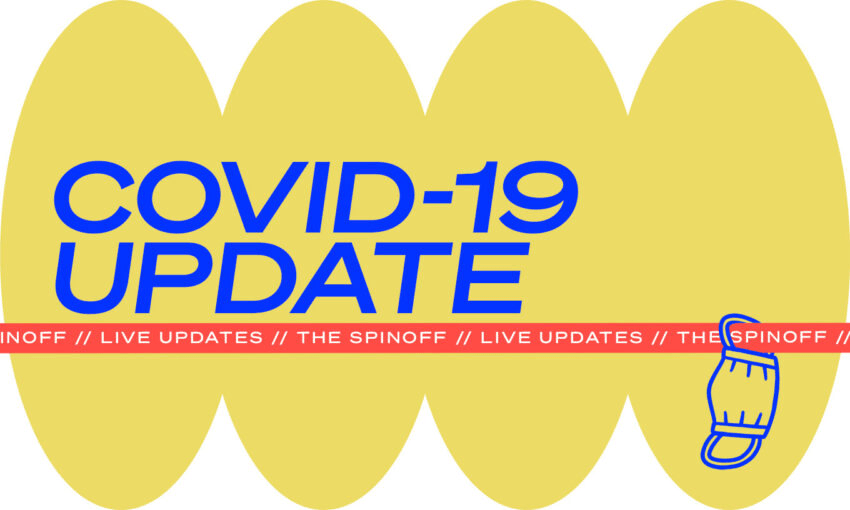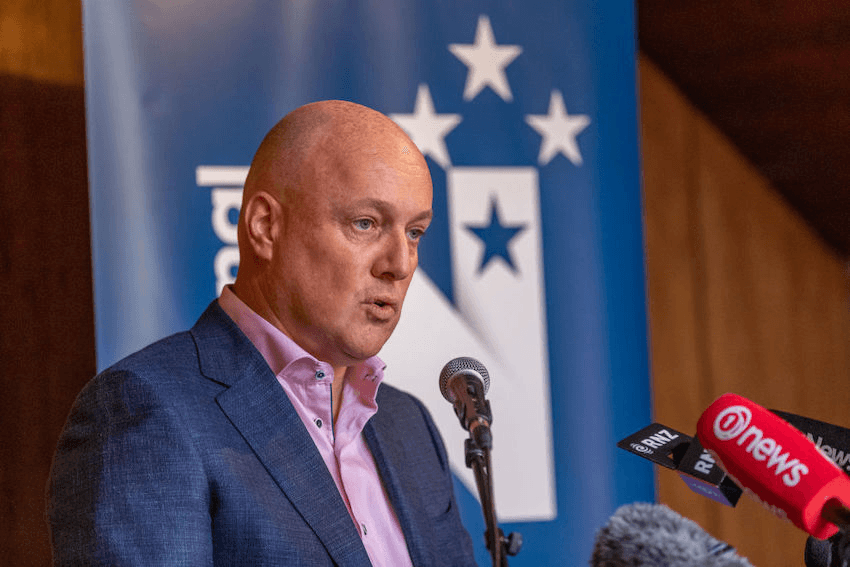A new local study aims to inform blood donation policy for gay, bisexual, takatāpui and other men who have sex with men (MSM).
The Sex and Prevention of Transmission Study (SPOTS) is our largest ever nationwide study for MSM and is targeted around HIV prevention, sexual health, and blood donation policy.
Currently, MSM in New Zealand are restricted from donating blood until three months after their last sexual contact. Many see this restriction as increasingly discriminatory given the advances in HIV prevention in recent decades. Lead investigator Dr Peter Saxton, from the University of Auckland’s School of Population Health, noted that “the NZ Blood service agrees that some MSM present a low risk for donating blood, but the organisation lacks evidence to improve the policy further”.
The study will address this gap in evidence through a survey of 4,000 MSM on safe sex practices and views on blood donation policy. It combines an online questionnaire with an option for participants to send in a dried blood spot using a fingerprick device and card. The sample will then be tested for HIV, syphilis and hepatitis C. Participants who send in a sample can either choose to receive their results or send in their sample anonymously. By cross-referencing the results of the lab test with the self-reported questionnaire, researchers will be able to estimate the prevalence of undiagnosed blood borne infections in MSM, which will inform future blood donation policy.
Dr Sarah Morley, chief medical officer at the New Zealand Blood Service, added that the study will provide a “better understanding of the influences on sexual health and the status of HIV prevention in the MSM community across Aotearoa… This study is a real opportunity to help effect change, and we encourage all eligible people to take part”.
Those eligible include MSM cis and trans men aged 16 or over living in Aotearoa New Zealand as well as trans women or non-binary people who have sex with MSM and gay, bisexual, queer or pansexual men who have not had sex with a man. Participants can be of any HIV status, ethnicity, region, and relationship status.
SPOTS is funded by the Health Research Council and the Ministry of Health, and run in partnership across the University of Auckland, the University of Otago, NZ AIDS foundation, Body Positive, Te Whāriki Takapou and the New Zealand Blood Service.
View the survey and find out more here










